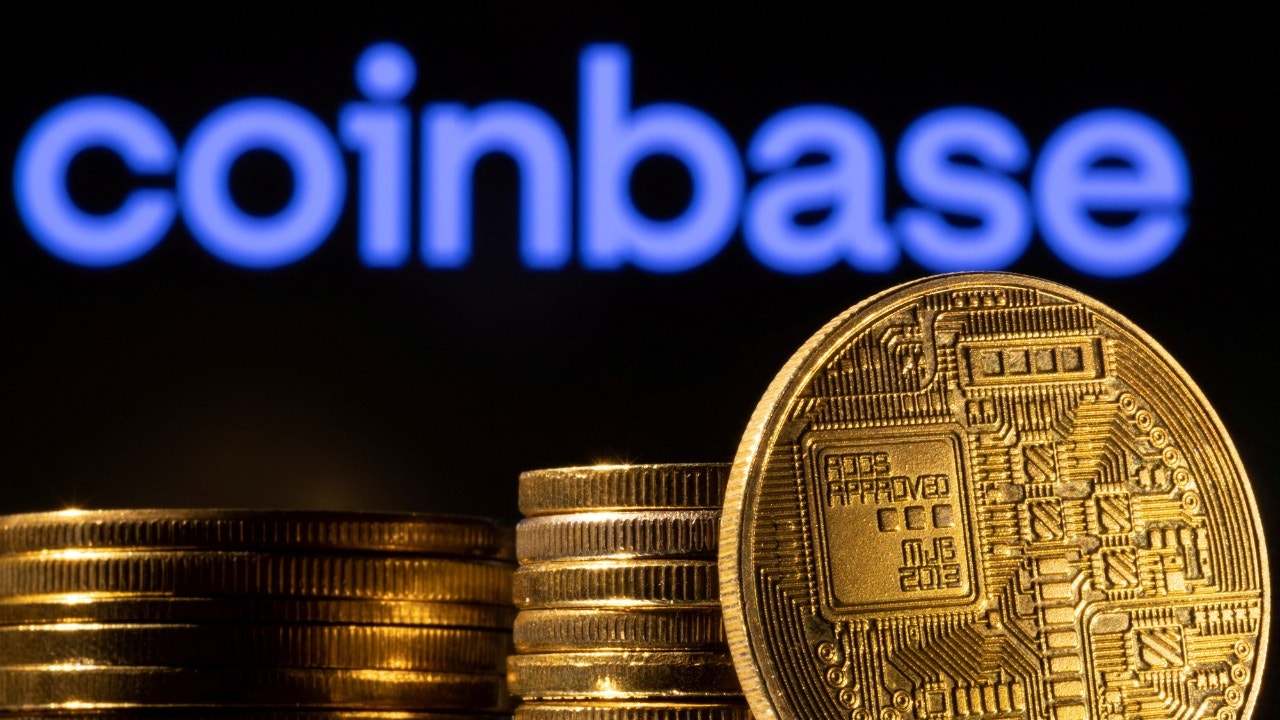Pay attention to who is melting down the most over the sweeping tariffs President Donald Trump implemented this week. It’s the same wealthy Wall Street elites and career politicians who have been exploiting American workers and pillaging the middle class for decades.
There’s no denying that Trump’s tariffs have created market turmoil and raised concerns about a potential temporary recession. But the alternative was to continue down a path that would only accelerate the country’s slide into cultural and economic ruin.
What Trump is attempting is something rare in modern American politics: making the case that some short-term sacrifice is necessary for long-term prosperity. This kind of political courage is precisely why Trump has maintained such a loyal following for a decade, despite unprecedented efforts to smear his name, impugn his character, and even imprison him.
Yes, Trump is acknowledging that prices for some goods will temporarily rise due to these tariffs, in some cases significantly. But those goods will now be made in the United States. Wages will increase, and more of every dollar Americans spend will stay in the U.S. economy rather than enriching foreign oligarchs and the c-suites of multinational corporations.
It is the failure of D.C. elites that has made Trump’s tariffs necessary. Corporate executives, more loyal to their stock prices than to their employees, sold out American workers to the lowest foreign bidder, hollowing out once-thriving manufacturing towns that symbolized the American Dream.
Meanwhile, politicians—beholden to big business donors—were all too eager to implement policies that facilitated this betrayal. Under pressure from corporate interests, the United States paved the way for China’s entry into the World Trade Organization and granted the communist country Most Favored Nation status. Subsequent so-called “free trade” agreements like NAFTA, KORUS, and TPP further sacrificed American jobs for corporate profits.
Trump is finally saying what no politician before him has had the courage to admit: globalization and the false promise of “free trade” are among the greatest scams ever perpetrated on the American people. While Republicans and Democrats alike took corporate dollars and preached about “free markets,” China erected tariffs to protect its industries and gutted U.S. manufacturing. By 2023, nearly every G20 nation had higher tariffs than the United States.
Sure, globalization brought cheap textiles, plastic toys, and electronics, but at what cost? Skyrocketing deaths of despair across the American heartland, a shrinking middle class, and downward economic mobility. For working- and middle-class Americans, there was nothing “free” about so-called “free trade.”
The only true beneficiaries of this corrupt system were the wealthy elites who profited by shipping American jobs overseas. The exploding wealth gap—a favorite liberal talking point—is a direct result of globalization. American workers were replaced by slave labor in China and child workers in Indonesia, all to fatten the bank accounts of elites.
Not all companies choose profit over patriotism. Many, such as Nokona baseball gloves, Airstream travel trailers, Harley-Davidson motorcycles, and All-Clad kitchen pans, have long embraced the argument Trump is making now: “Yes, you may pay a bit more, but you’re supporting American jobs and families while receiving superior quality.” The continued success of these companies proves that Trump’s tariffs can work.
There are already clear signs that Trump’s tariffs are yielding results. Since Trump took office in January, more than $1.7 trillion in new investment has poured into the United States. General Motors is ramping up vehicle production in Indiana. Apple has announced a $500 billion investment that will create 20,000 American jobs. GE Aerospace is investing $1 billion across 16 states. Even foreign firms, including Japan’s SoftBank and Taiwanese semiconductor giant TSMC, are increasing their investments in the U.S. economy.
Democrats once sounded a lot like Trump when warning about the dangers of trade deficits and unfair tariffs. A resurfaced clip from 1996 shows Nancy Pelosi arguing against granting China Most Favored Nation status, lamenting that while the United States imposed a mere 2 percent tariff on Chinese goods, China levied a 35 percent tariff on U.S. exports. In 2008, Barack Obama labeled NAFTA a Wall Street scam. Bernie Sanders has spent decades excoriating free trade.
Yet today, Democrats argue that foreign nations should impose whatever tariffs they want on American goods while the U.S. should not retaliate. What changed? For starters, Pelosi and other members of Congress have made a fortune in the stock market by exploiting globalist policies at the expense of American workers. And of course, “Trump Derangement Syndrome” remains in full effect—if Trump supports something, Democrats reflexively oppose it.
The stock market may indeed experience a temporary correction, and that is a legitimate concern. But even Trump’s critics acknowledge that much of the economic growth (and by extension, market gains) during the Biden years was built on reckless, unsustainable government spending. The ticking time bomb of “Bidenomics” was always going to explode. Trump led a thriving stock market during his first term, and he can do it again.
Trump’s tariffs represent more than just an economic policy shift; they are a long-overdue course correction for a nation that has been exploited by its political and corporate elite. For decades, Americans were told that globalization was inevitable and that the outsourcing of jobs was simply the price of progress. But under Trump, that lie is finally being exposed. He understands that a strong America is built on the backs of its workers, not dictated by the whims of Wall Street and foreign competitors.
The media and globalist elites will continue to howl, but their outrage only proves Trump’s point: these tariffs threaten their grip on American prosperity. Meanwhile, factories are reopening, investments are flowing in, and families who were once abandoned finally have hope again.
Yes, there will be short-term challenges, but Trump is playing the long game—one in which the American worker comes first, industries thrive, and future generations inherit a nation that makes and builds again.
Shane Harris is the Editor-in-Chief of AMAC Newsline. You can follow him on X @shaneharris513.
Read the full article here










